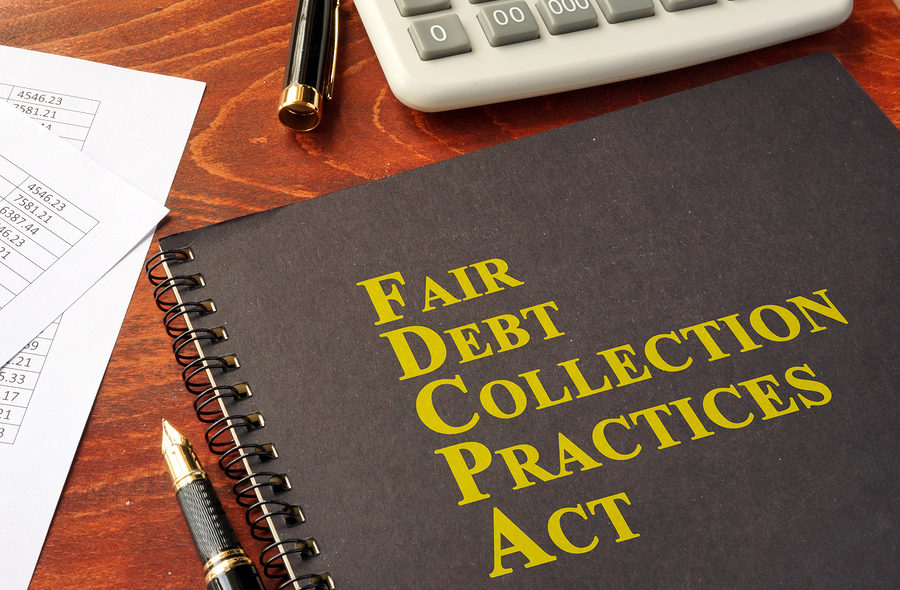A number of United States Senators are calling on the Consumer Financial Protection Bureau (CFPB) to reconsider a recent proposal made that would allow debt collectors to contact consumers via unlimited texts and emails, as well as increasing the amount of times they can call consumers per week.
More than 20 senators signed a letter issued to the CFPB, specifically expressing concerns they had to the proposed update issued to the Fair Debt Collections Practices Act (FDCPA), which would give debt collectors additional ways to reach consumers who owe on a debt.
The letter was penned by Senators Bob Menendez, D-NJ, and Sherrod Brown, D-Ohio, as well as 19 Democratic and two Independent lawmakers. Several 2020 presidential candidates signed the letter, including Senators Kamala Harris, Kristin Gillibrand, Cory Booker, Bernie Sanders, and Elizabeth Warren.
The letter was specifically directed to the current CFPB Director, Kathleen Kraninger.
The main concern has to do with the fact that these changes seem to divert the FDCPA away from what it was originally intended to do, which was to protect consumers from harassment and unfair debt collection practices by third-party debt collectors. The FDCPA includes provisions to limit the time of day a debt collector may call a consumer, as well as the content expressed by the collector in the communications. Specifically, the FDCPA prohibits the following behavior from debt collectors:
- Calling you prior to 8 a.m. or after 9 p.m.;
- Calling you at work once you tell them not to;
- Calling your family, friends and neighbors;
- Threatening you with possible debt collection lawsuits;
- Threatening you with criminal prosecution or immigration actions;
- Talking to you abusively or profanely.
However, this new proposal was made with the mindset that consumers are reachable more easily through email or text messaging. Since these types of communications could be done at any time of the day or night and could be unlimited per the proposal, this could allow collectors to overwhelm consumers with communications. The senators expressed concern with the fact that not all consumers have unlimited text messaging, which means these communications could come at a high cost.
The new proposal does limit the time in between calls made by debt collectors. While the emails and text messages can be unlimited, collectors are limited to seven calls a week per debt. If they reach a consumer once, they must wait at least a week to call the consumer again. Click here to read the proposed changes in full.
If you have questions on this topic or are in financial crisis and considering filing for bankruptcy, contact an experienced Miami bankruptcy attorney who can advise you of all of your options. As an experienced CPA as well as a proven bankruptcy lawyer, Timothy Kingcade knows how to help clients take full advantage of the bankruptcy laws to protect their assets and get successful results. Since 1996 Kingcade Garcia McMaken has been helping people from all walks of life build a better tomorrow. Our attorneys’ help thousands of people every year take advantage of their rights under bankruptcy protection to restart, rebuild and recover. The day you hire our firm, we will contact your creditors to stop the harassment. You can also find useful consumer information on the Kingcade Garcia McMaken website at www.miamibankruptcy.com.
Related Resources:
https://www.usatoday.com/story/tech/2019/06/06/debt-collection-senators-write-cfpb-letter-objecting-proposal/1361365001/



